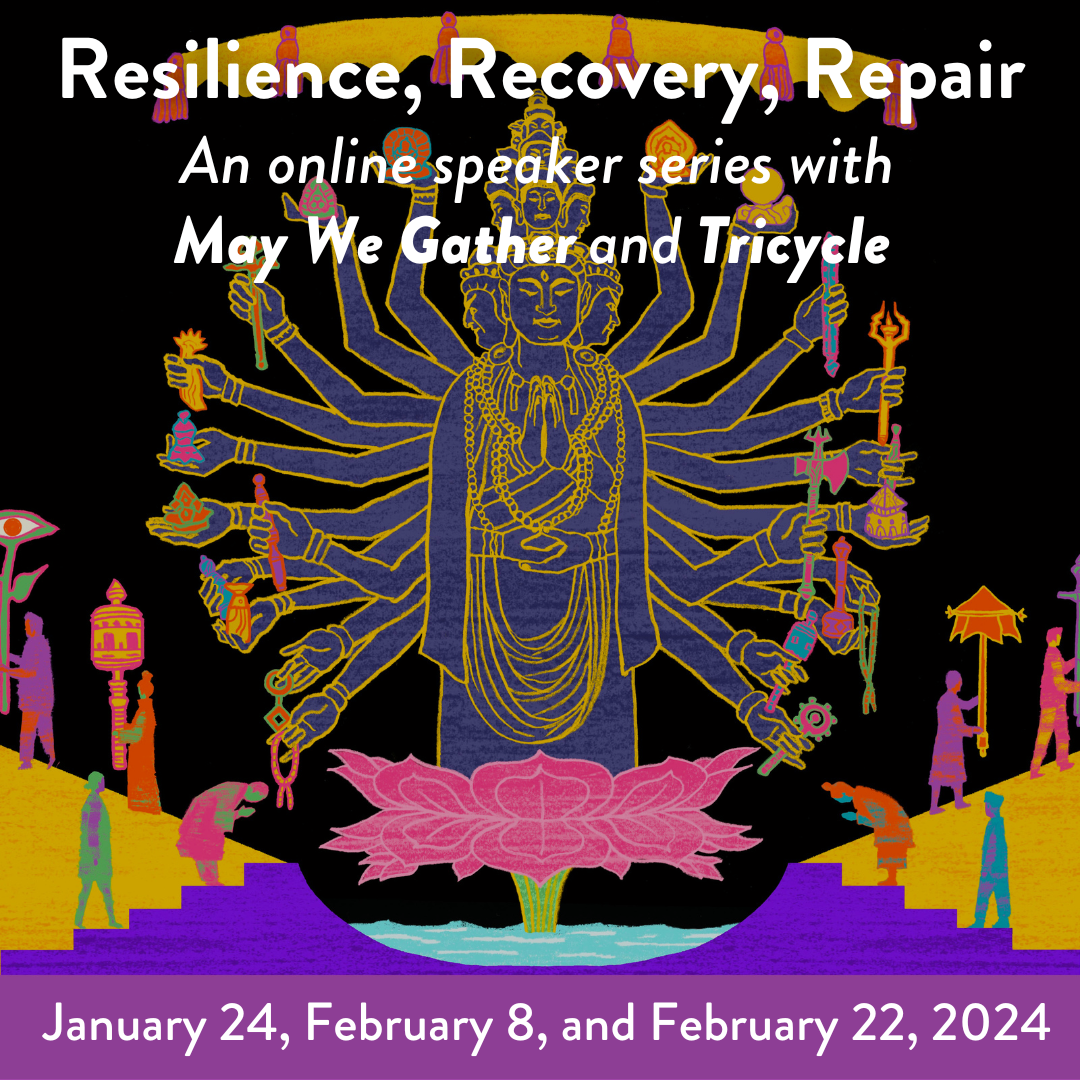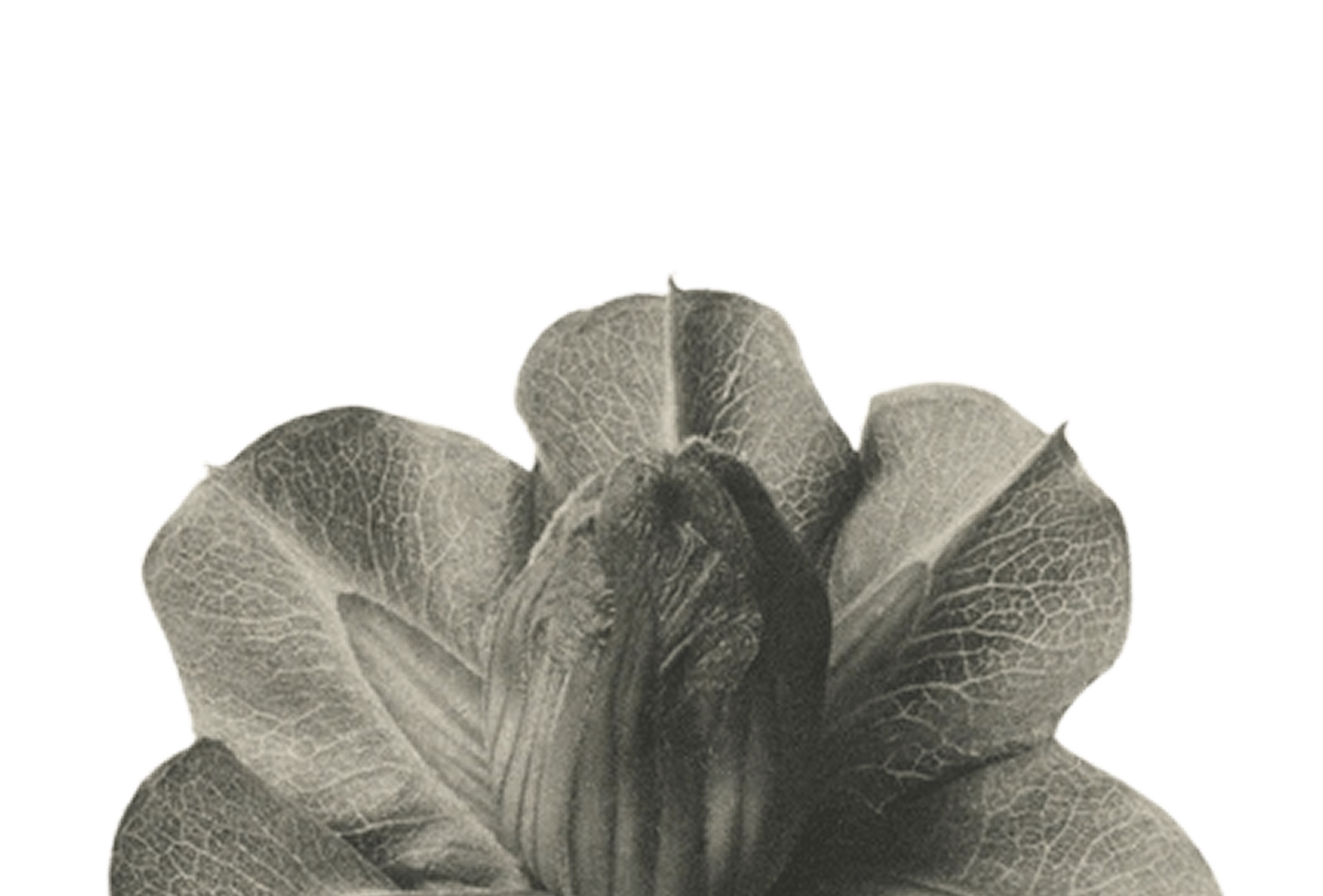
Dear friends,
I hope these first few weeks of 2024 have opened with many moments of peace, nourishment, and connection.
True to form for this occasional newsletter, it’s been nine months since the last one, written on the publication day for one long listening and on the cusp of a summer move from California to Michigan. Thank you to everyone whose presence, questions, tears, and laughter made the book events for my memoir so fun and meaningful—and to the many people whose immeasurable kindnesses (including, not least, long underwear recommendations) have eased the transition to a place with distinct seasons. It’s been three decades since my last real winter (Pittsburgh, circa 1993), so no, I was not prepared for the sleet-glazed sidewalks on my way to the Ann Arbor Y this morning.
Whether you’re in frigid or milder climates, I hope you’ll join me for "Resilience, Recovery, Repair," an APARRI-funded online speaker series organized by May We Gather in conjunction with Tricycle that launches tomorrow, January 24, at 4pm PT / 7pm ET with "Resilience: A Story of 19th-Century Chinese Immigrants in Antioch and Beyond,” featuring Jean Pfaelzer and Lucile Meinhardt in a dialogue moderated by Duncan Ryuken Williams. I'll be moderating the second conversation, "Recovery: The History of America’s Early Buddho-Daoist Temples,” on February 8 with Chuimei Ho, Bennet Bronson, and Jonathan H.X. Lee. Funie Hsu will host our final panel on February 22, “Repair: A Path to Healing Land and Ancestors,” with Corrina Gould of Sogorea Te’ Land Trust, Christine Cordero of Asian Pacific Environmental Network, and Devin Berry and Noliwe Alexander of Deep Time Liberation. All three events are at 4pm PT / 7pm ET, and it’s just one signup link for the whole series: https://tricycle.org/events/resilience-recovery-repair/
“Resilience, Recovery, Repair” offers historical and present-day context for the May We Gather National Buddhist Pilgrimage that will be taking place in Antioch, California on Saturday, March 16, 2024 to commemorate the third-year anniversary of the Atlanta spa shootings. I’ve been part of May We Gather—a collaborative project of commemoration and healing, by and for Asian American Buddhists and their spiritual friends—since its inception in 2021. If you’re so moved, I hope you’ll help spread the word about the pilgrimage (invitations are available in Burmese, Chinese, Japanese, Khmer, Korean, Lao, Thai, Sinhala, Tibetan, and Vietnamese as well as English), register for in-person attendance, or join us virtually on March 16th via the livestream.
Reading Ann Tashi Slater’s Tricycle interview with Yiyun Li just before writing this letter, I found myself reflecting on sadness, joy, and the will/volition/cetanā/heart to cultivate the capaciousness to embrace vast amounts of both. I was reminded that there are people with just this kind of heart—praise be—during the doldrums of mid-December, when struggling against the cold, gray winter and the thousands of miles separating me from family and friends, upon seeing Ross Gay read here at the University of Michigan. His readings—incitements of joy, and delight, and holding—moved me first to laughter, then to tears, in the quietly thunderous way that divine messengers are apt to do.
There are so many ways to embody the Buddhist teachings, I thought. Whether you’re a non-Buddhist poet-essayist-professor named Ross Gay whose writing never forgets love and impermanence, or filmmaker-writer-activist Curtis Chin who grew up with TV Buddhas and Mahjong Karma, or a bhikkhuni among thousands at the 18th Sakyadhita conference in Seoul shouting in throaty appreciation for Cameroonian-French pansori singer Laure Mafo.
May you be joyous, and delighted, and held, and at peace,
~Chenxing
